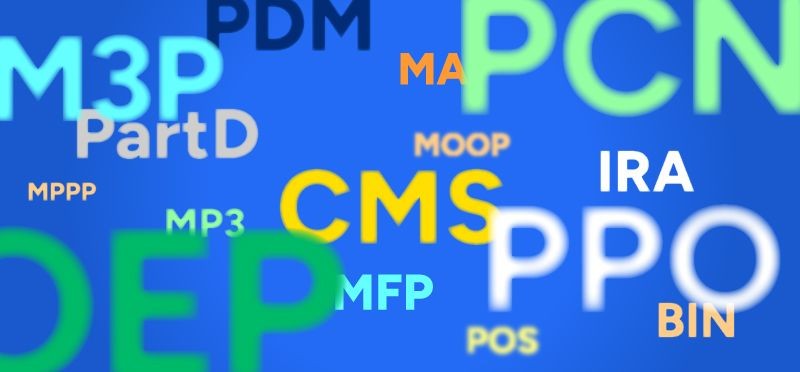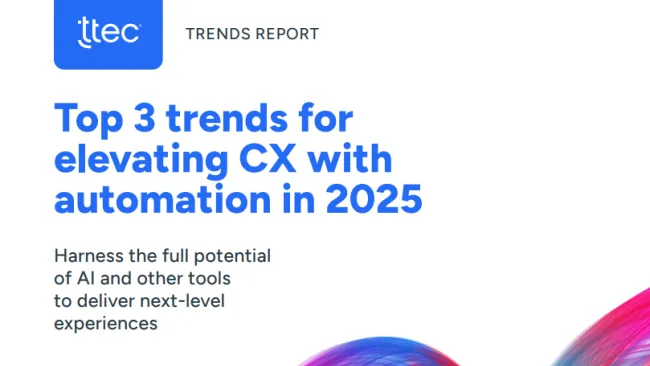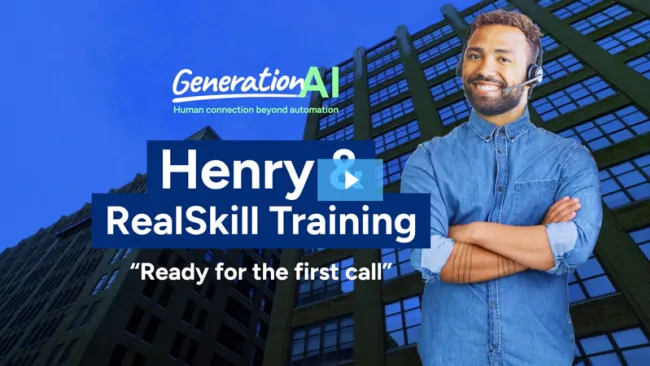MPPP. Oh, wait. It’s actually M3P. Whoops, no! It’s MP3.
Frankly, they all mean the same thing: “Medicare Prescription Payment Plan” (MPPP) for Medicare Part D, which covers prescription drug plans. And there has been a new development in the world of healthcare that merits attention given the fast-approaching open enrollment period (OEP) and annual enrollment period (AEP) season.
If it’s tough for payers, health plans, Pharmacy Benefits Managers (PBMs), and Medicare beneficiaries to sort through this acronym salad, imagine the challenge for contact center healthcare advocates helping consumers with healthcare coverage for 2025. These front-line workers — the ones who make the member experience a good one or something to dread — need to understand recent legislative changes as they guide members to health plans that are the best fit.
The Inflation Reduction Act (IRA) and Centers for Medicaid and Medicare (CMS) Final Rule ushered in a number of new rules and benefits that will influence consumer sentiment, and CMS Star Ratings, too.
Are you ready?
We’ve been monitoring what these changes mean and when they take effect to devise strategies payers, PDM and health plans should consider now, before we’re caught up in the throes of enrollment season.
Keep in mind this wrinkle: Contact centers are prohibited from discussing many of these details prior to Oct. 1, when Medicare open enrollment begins. That means new information will be disclosed for the very first time after that date. Consumers will have extra questions; some prescription drug callers will need education on the new plans available and the new max out-of-pockets amounts.
Rather than run through a laundry list of these new changes, let’s look at just two affecting Medicare Part D prescription benefits — Medicare Prescription Payment Plans (MPPP) and Maximum Out Of Pocket (MOOP) — and examine what these changes mean for healthcare advocates in the contact center. First, here’s what we expect is coming from a 20,000-foot view:
- Volume spike: We expect calls coming in about healthcare plans will rise. Members and prospective members may have some knowledge about changes through friends and social media but they’ll need the facts to make informed decisions about their healthcare. Longtime Medicare members may be skeptical, wary even, of change because renewing their coverage each year didn’t require them to stay abreast of changes.
Will your contact center be sufficiently staffed to handle the surge this fall? Have you considered how thoughtfully deployed automation can help manage volume?
- Longer handle times/wait times: New prescription pricing and the “budget billing” option that’s new for 2025 will require contact center advocates to explain what MPPP is, how it works, who is eligible, and that members must elect to opt in to take advantage of budget billing (it’s not automatic). That will extend call duration. Much like payment plans offered by energy companies to “smooth out” seasonal home heating/cooling costs, MPPP enables members to pay a flat rate of about $166 per month for Part D drug prescription premiums, with an annual cap of $2,000 Maximum Out-Of-Pocket (MOOP) prescription cost.
Do you have the tools and technology to ensure healthcare advocates have access to complete and up-to-date information so they can walk members through their options — without compromising average handle time (AHT) and first call resolution (FCR) rates? Are you optimizing workforce management and call routing?
- Training mandate: Capably handling member inquiries requires more than a script and talking points. Healthcare advocates in the contact center need to understand terminology and be knowledgeable about the nuances of these new changes to confidently assist consumers. One way to accelerate new hire speed-to-proficiency is through training/role-playing/coaching supported by TTEC’s RealSkill AI-enhanced learning approach.
Have you developed a solid training regimen for tenured healthcare advocates as well as new hires in the contact center? Innovative tools like Associate Assist provide advocates recommended replies to members’ queries along with supporting knowledge articles to enhance the experience.
- Outreach: The new CMS Final Rule requires plans to proactively reach out to members — between June 30 and July 31 — with personalized notifications showing supplemental benefits that went unused during the first six months of the year. This measure ensures beneficiaries are aware of and can make full use of their available benefits. Further, sports and entertainment celebrities shilling for Medicare Advantage plans will result in customer confusion and increased call volume. This is an opportunity for companies to be proactive and reach out to members to inform those eligible, for example, that there’s a $35 monthly out-of-pocket maximum on formulary insulin supplies. Or migrate members to a less-expensive mail order drug plan. Think about it: When is the last time your phone or utility company called you to proactively reduce your monthly bill? It’s a chance to increase member savings, satisfaction, and be the hero.
Are you ready for the mid-year enrollee notifications? Have you established a Tier 1 telesales team to handle the surge of inquiries triggered by celebrity endorsements? Are they capable of outreach, so you can be proactive?
- Back-office support: The Medicare Prescription Payment Plan obliges companies to adopt new billing protocols and reporting requirements. TTEC can stand up a back-office reporting and billing team quickly and cost-effectively.
We’ll continue to monitor CMS for any further changes and additional legislation. We will also continue to study the impact of the Inflation Reduction Act, which has already saved nearly 15 million Americans an average $800 on annual healthcare premiums. Showcasing how these changes improve healthcare affordability, protections, and accessibility for families is a real opportunity for organizations to stand out, be empathetic, and show they know their stuff.
I would also like to emphasize the importance of training contact center healthcare advocates and licensed associates on these changes and the limitations on discussing them before Oct. 1. TTEC has several AI bot solutions that can help healthcare advocates roleplay interactions with consumers to prepare them for live calls.
Looking forward to continuing this discussion with you. Feel free to message me to discuss details.

















